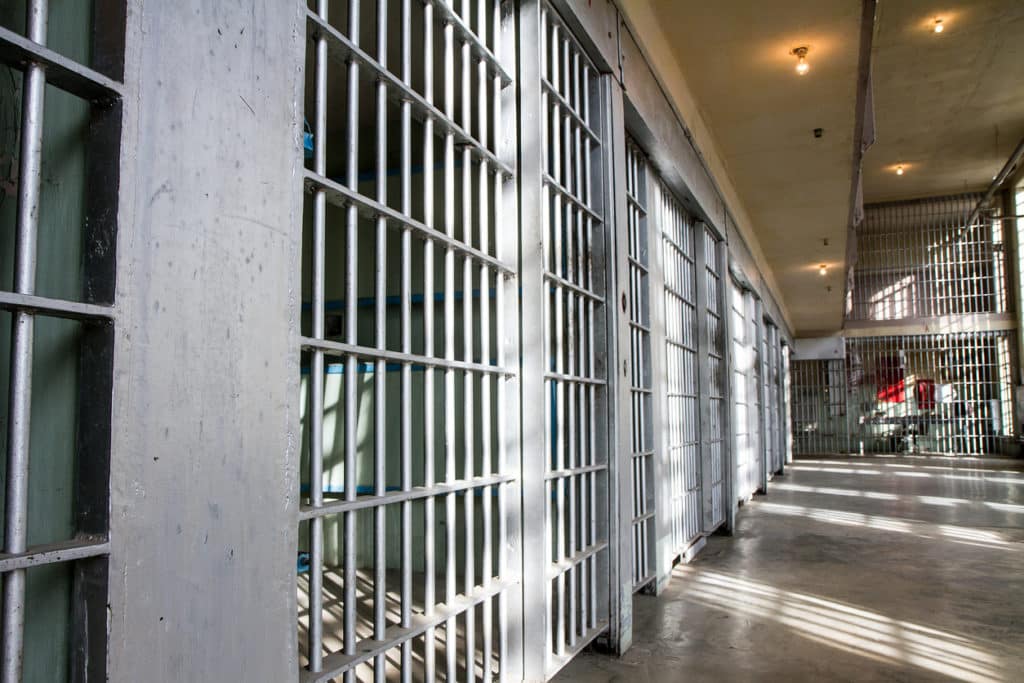In August, the U.S. Department of Labor’s Occupational Safety and Health Administration (OSHA) ordered that U.S. Corrections LLC, a Florida-based inmate transportation company, must reinstate an employee who was terminated after reporting safety concerns.
OSHA found that U.S. Corrections violated the whistleblower provisions of the Surface Transportation Assistance Act (STAA) when it fired an employee who had reported to superiors that a co-driver threatened the employee’s personal safety. The employee had additionally reported separate violations of U.S. Department of Transportation regulations made by the co-driver. These included speeding, keeping inaccurate driving logs, and violating hours-of-service regulations. The STAA expressly forbids the discharge of an employee because “the employee, or another person at the employee’s request, has filed a complaint or begun a proceeding related to a violation of a commercial motor vehicle safety or security regulation, standard, or order.”
In addition to reinstatement, OSHA ordered U.S. Corrections to pay the employee more than $70,000 in back wages, $30,000 in punitive damages, $7,341 in compensatory damages, $30,000 in emotional distress damages and reasonable attorney’s fees. The company must also inform its employees on workers’ rights under the STAA.
“Federal law gives motor carrier employees the right to raise safety, health and security concerns with their supervisors without fear of retaliation,” said OSHA Regional Administrator Kurt Petermeyer. “This order underscores the Labor Department’s commitment to protecting those rights.”
OSHA oversees the enforcement of more than 20 whistleblower statutes. The STAA covers whistleblowers engaged in commercial motor vehicle safety including truck drivers, freight handlers, and mechanics. In addition to prohibiting retaliation for making disclosures of safety violations, the law protects drivers who refuse to drive in objectively unsafe conditions. The STAA is a notable whistleblower law because it allows for whistleblowers to obtain de novo trials in federal court once they have “exhausted” their administrative proceedings within the Department of Labor. In the past, whistleblowers have complained about extreme delays in OSHA investigations.
